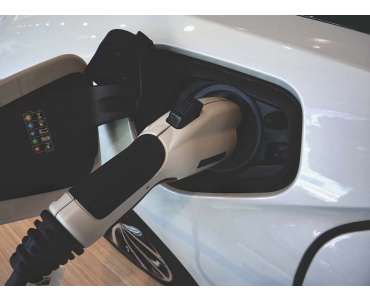AC and DC. These two terms are always mentioned when you read about electric car charging. So, what are they? And how are they different? Let’s find out!
And no… these abbreviations don’t refer to the American rock band…
AC AND DC CHARGING FOR ELECTRIC VEHICLES
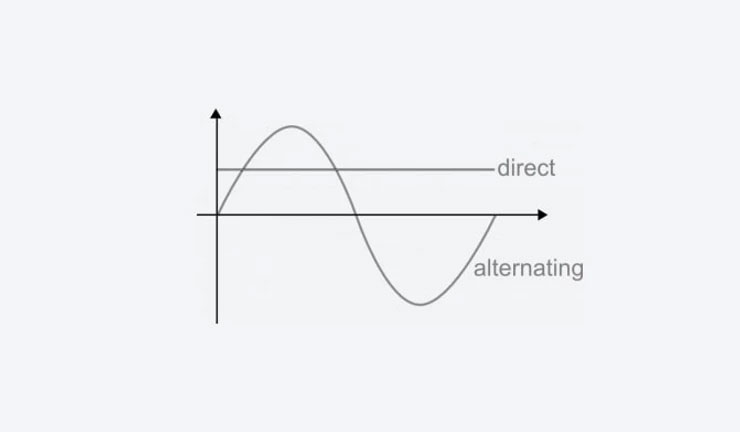
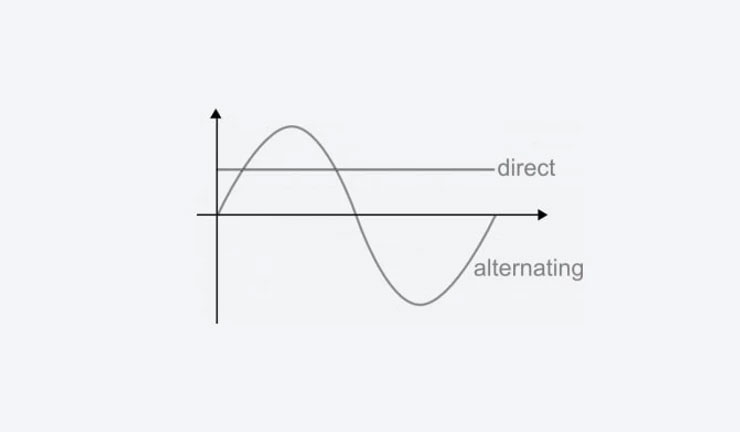
The two electric vehicle charging terms refer to Alternating Current (AC) and Direct Current (DC) charging.
The term AC describes the electrical current’s flow of charge, which alternates and periodically changes direction. On the other hand, DC power always moves in a straight line.
CHARGING WITH AN AC CHARGER
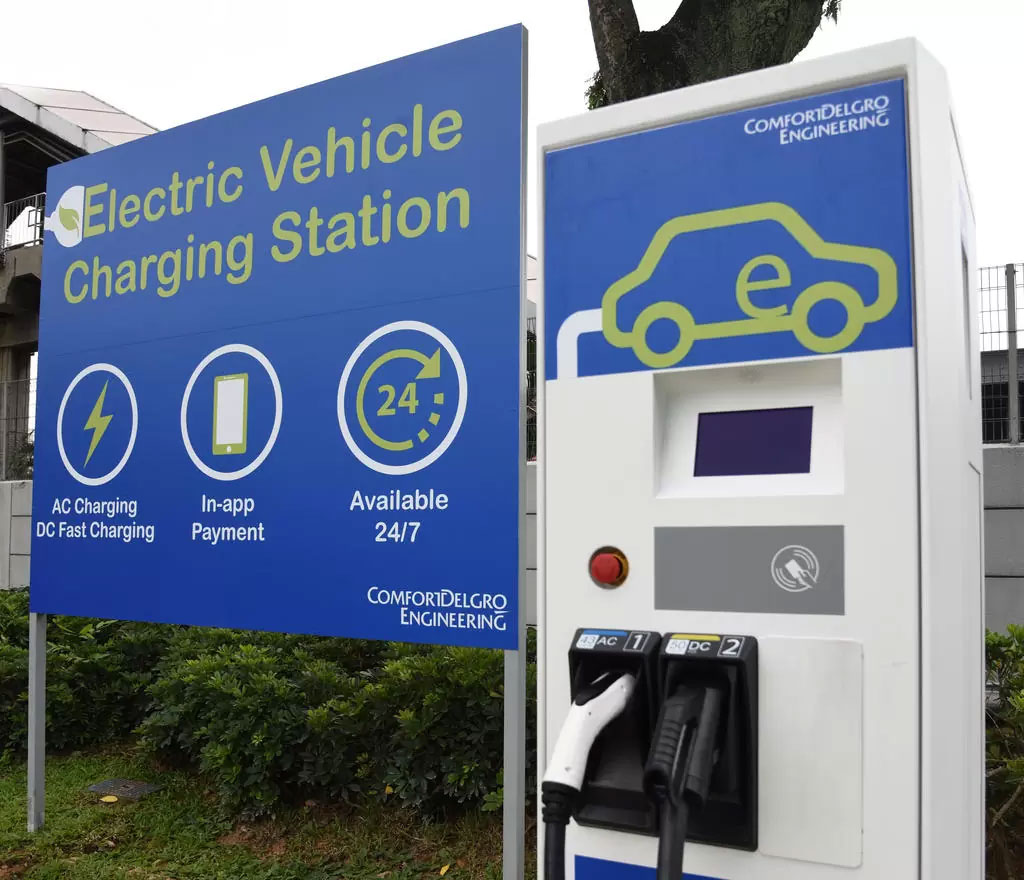
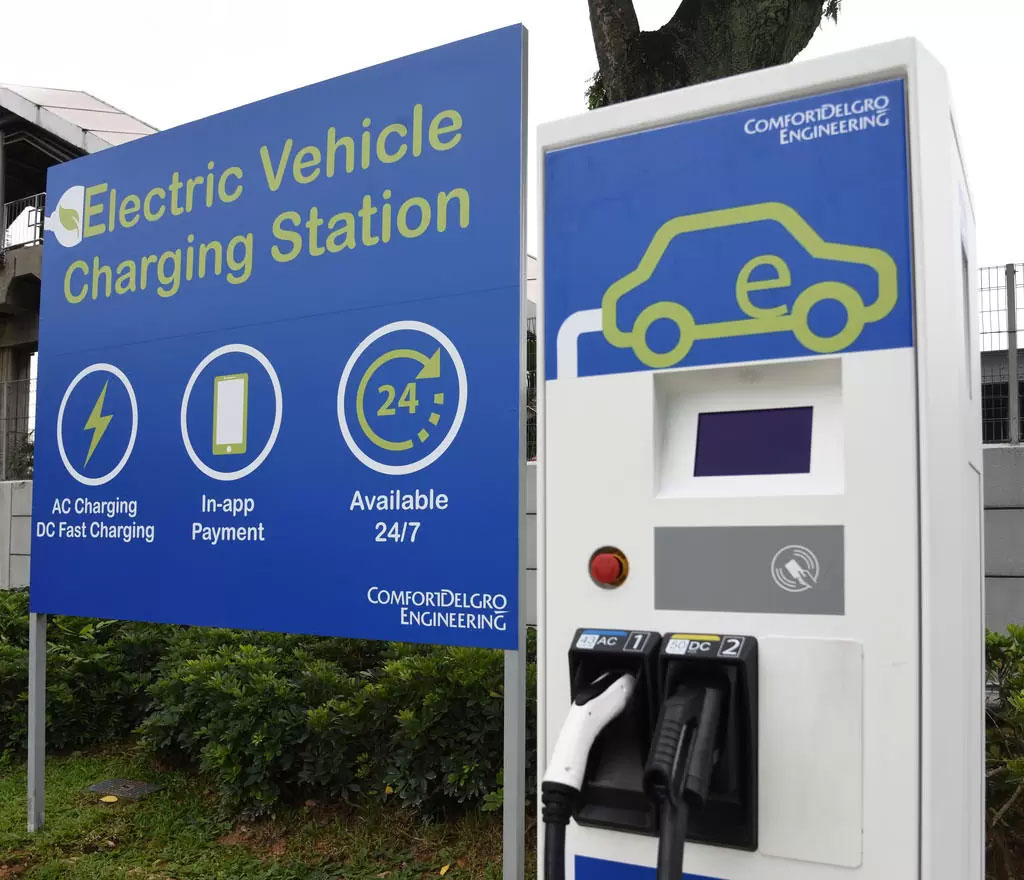
By default, the power from the grid is dispensed in AC. However, batteries like the one found in your EV can only store power as DC.
Therefore, the AC charger's power must flow through the onboard charger before going to the traction battery. As the conversion will take some time, and there might be some limitations to the power output of your onboard charger, AC charging will usually take longer to power up your car.
CHARGING WITH A DC CHARGER
When you charge your electric vehicle with a DC charger (also known as Fast or Rapid Chargers), it bypasses all of the limitations of the onboard charger and required conversion. Instead, it provides DC power directly to the battery. Therefore charging speed has the potential to be greatly increased.
However, it’s also important to note that charging times depend on the battery size, the output of the charger, as well as many other factors. Nonetheless, it’s safe to say that many electric vehicles will be able to power up to 80% charge in about an hour with the current DC fast chargers on the market.
THE IMPORTANCE OF A HIGH VOLTAGE ONBOARD CHARGER
Onboard chargers have a rating, typically below 10kW. Therfore the onboard charger will only be able to receive 10kW of power from the charger at go.
In other words, if you’re charging your electric vehicle with a 22kW external charger, you’ll only receive power at the rate of 10kW at a time. This is the maximum speed your electric vehicle will charge.
This is why choosing an electric vehicle with a good battery range, and a high-voltage onboard charger is important.

